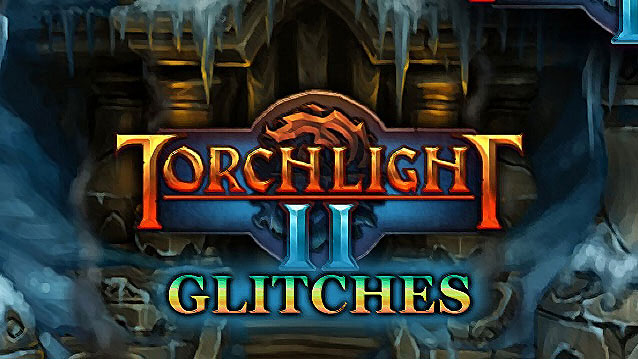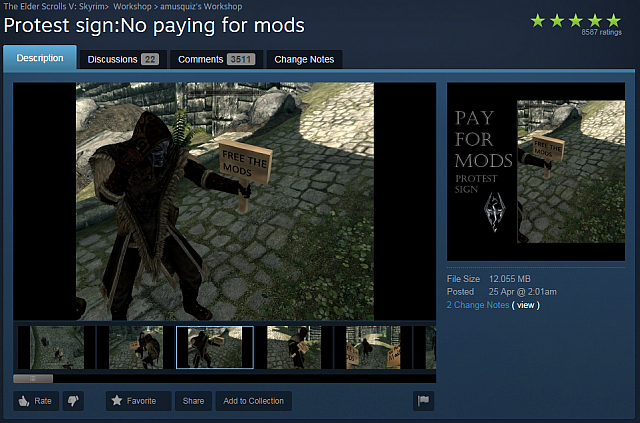


Good writers deserve to be paid. No one disagrees with that statement, right? Right?
From a distance, this whole “gaming journalism” thing sounds like a dream job. You write about the latest video game news, get free, early games in the mail to review for your publication, and sometimes even hop on a plane and attend massive conventions. If you’re as dedicated to this medium as someone like me, it’s tough not to drool at the thought of covering games for a living – but the job isn’t so simple. Gaming might be a subject matter that you also consider your favorite hobby, but the hours of article drafting, fact checking, editing, interview transcribing, and marathon play sessions aren’t always a delight. It’s a great job, but it sure as hell isn’t an easy one.
So, we deserve compensation for the work. Let’s reiterate that, but let’s also discuss where that pay comes from. If you ask Chris Newton, the publisher of The Indie Game Magazine, the money should be siphoned from the developers whose games you’re covering. A new policy has been implemented at this particular gaming website that asks indie game developers to pay a $50 rate to have their latest project reviewed on the site, with “labor trade” as a second possibility if the up-and-coming creator just doesn’t have the cash. What is labor trade, besides an archaic sounding term?
“I would classify labor as doing a graphic for IGM, write a code or something that the team can easily do that will be equal value trade to both parties,” Newton wrote.
That’s where his writers’ pay comes from. Not from advertising, but the pockets of the independent developers the website aims to support. Newton’s post, which is structured as a direct counter to the army of onlookers voicing their concerns over the newly implemented system, quickly brushes away the thought that this could cause some sort of bias toward a game that’s both your next piece of work and the source of your paycheck.
But hey, that’s fine. I won’t.
The second you exchange money with a developer to review a game, it’s simply not a review anymore. A critique is not something that can be bought, and while you’ll likely see a handful of negative scores that developers had to pay for on his website, that doesn’t change the notion that you’re now operating within that specific creator’s budget. Instead of serving the people, you’ve become a money-fueled megaphone with a message that few will perceive as objective.
I don’t know Newton, but part of me believes him. Part of me thinks that his mention of “complete honesty and transparency” is legitimate, and that he actually believes that this system doesn’t damage the website’s journalistic integrity.
Unfortunately, that part of me also knows what it’s like to work in this industry. That part of me was once an 18-year-old kid – bright-eyed and bushy-tailed – who couldn’t help but feel obliged to give the first game he got in the mail a higher score because of a newly built relationship with a publisher. That part of me knows the difference between working for a smaller indie site, just trying to get by, and getting contracted by a larger publication that simply wants clean copy and a quick turnaround. That part of me knows that if there’s now an industry contact and a $50 fee on the line, the compulsion to turn a blind eye to certain busted elements of my new contractor’s game is stronger than ever. Newton claims to be about “honor and respect,” but hey, I don’t know the guy well enough to afford him these characteristics. And if you’re one of the thousands of visitors reading his website, you likely don’t know him well enough to trust him, either.
Newton goes on to mention that he’s lost his better writers in the past to bigger sites, stating that he needs this contract money to keep his staff happy. He wants to hold on to a strong staff, and I get that, but I was once the leader of a smaller website’s team of writers, too. As a former editor-in-chief of an indie site, I understand the compulsion to want to keep who you see are the most talented writers within your journalistic ecosystem as long as they’re willing to stick around.
But writers grow up. Writers get better. And eventually, the most skilled, motivated writers move on to sites that don’t need a developer’s hard-earned money to pay their employees. Video game journalists learn their worth by going out into the open market and discovering who will pay what amount for their hard work, and using the money of indies to stabilize your indie website with writers that could be ready to take that next professional step isn’t doing them a favor. In this case, they’re being held back for the good of Newton’s website.
If you’ve vehemently disagreed with Newton’s idea of “fair” pay for his reviewers up to this point, here’s what he’s got to say as his defense:
“If it offends people that I believe that my writers and editors should be afforded compensation, then I don’t feel like I should apologize for that. I do believe that a man who works should be afforded a wage. Just like I believe that developers should receive a fair price for their games.”
Good writers deserve to be paid. At this point, it looks like we all agree with that declaration. The burden of compensation, though, doesn’t belong to the developers. It belongs to the publication giving its writers an outlet to produce creative works, and in this case, that’s The Indie Game Magazine and its publisher, Chris Newton.



